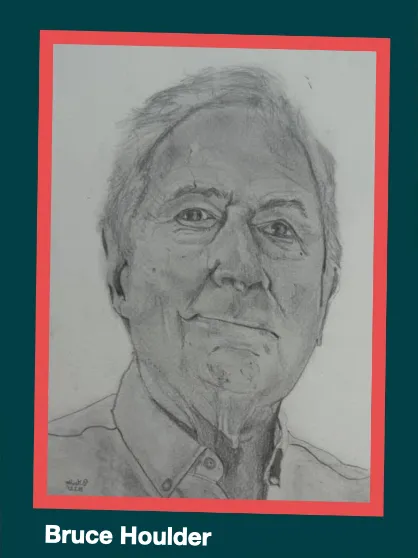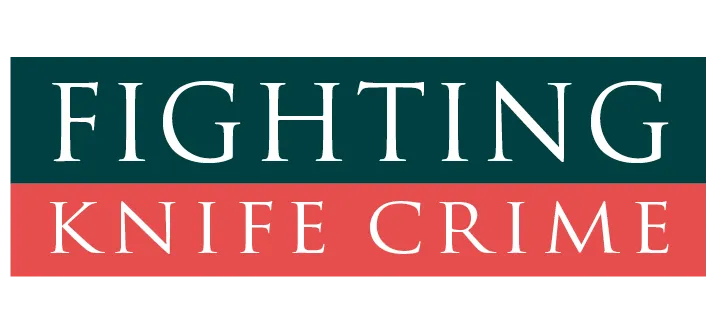
FKCL has had an exciting few months and has now increased its visibility in every month of operation over the last four years. Recently the Met agreed to place our signposting posters in every custody suite in London, and custody officers have all now been told to give effect to this instruction. A successful poster campaign in London, donated by a major adverting agency, has raised the profile of our work even more. We are working ever more closely with partners and others who share our understanding of the need to make information available for all those who care for young people. We are in regular communication with the Home Office, and as we have promised, we will continue to hold the Government and the Coalition to tackle knife crime to account. We encourage members of the Coalition to write for us. Faron Paul does so this edition.
We see some useful evidence that the Home Office are serious about a changed approach, using longer-term thinking and public health-based approaches to tackling these issues.
We can't afford to let them off the hook. FKCL has been told that the Home Office are considering a much more national approach to broad-based information resources such as FKCL already provides for London. This is long overdue. A heightened level of engagement of all communities is vital and can best be achieved through collaborations of this kind.
FKCL receives no public funding for the work it does. If this could only change, how much more could we achieve across the country. Getting young people engaged in activities and support groups that match their needs and talents is the best way to change lives. We know it works.
A long-term approach to youth policy is very much at the heart of the contributions in this edition. Our magazine continues to receive praise for the wide range of expertise and imagination it brings to the field of youth empowerment, and in combating youth violence. We know how important communication and collaborative effort can effect real change. Fighting Knife Crime London’s task is, in part, to seek to amplify the voices calling for effective change, to support the work they do, to champion action over rhetoric, and make a noise when new ideas need to be heard. We feel at last that some real change may be in the wind. By subscribing to our free magazine and spreading the messages we publish, and by using our resources you can help to save young lives and change them for the better.
Our contributors have always tackled the issue from multiple perspectives, providing valuable discussions on the causes, consequences, and potential solutions to knife crime, and for young people generally. Their work serves as a call to action for policymakers, law enforcement, educators, and the community at large. One such call for action is our first article this month.
So what does this edition have in store?
First, Prof. Stan Gilmour re-emphasises something FKCL has long tried to champion. He references the cost-benefit of prevention. He stresses again how much we could all save could save if government acted on the advice and the evidence they have. We now need an accelerated approach to a cost saving approach from the Home Office, even if a little more needs to be spent up front to kick this off. On a similar theme, what better expert better could we have writing for us than Dr. Peter Neyroud who highlights the value of diversion practices for young offenders? All this, we now know, will be likely to save money and makes us all safer. He highlights to importance of the interim report, and the forthcoming Gauke review of sentencing which commends “policy based on the evidence of what is likely to be most effective in reducing crime and reducing re-offending.”
On a directly practical level Andrew Pritchard of AP Foundation (one of FKCL’s partners) discusses an exciting new 'Who’s Next' campaign. FKCL is also grateful to James Davis who has done a huge amount to the research work on this exciting new positive and structured set of ideas for action. We were delighted to work with him and to be able to offer some advice along the way. Joel Dunn (CEO of the Paradigm Project) presents a long-term approach to combatting knife crime calling for the reimagining of our funding models, policy frameworks, and intervention strategies to focus on the root causes of disadvantage.
Next, we have the extraordinarily inspiring Faron Paul, founder of Fazamnesty, who shares his well-established record for reducing violence at street level, and Sammy Odoi, a fellow trustee of FKCL writes about the impactful work of Wipers Youth CIC.
Paul Jarvis KC brings considerable experience and provides much-needed clarity on legal perspective on county lines and gang-related crime. This is a subject that FKCL will return to in July with a piece from the Met's lead on child exploitation and county lines.
Caleb Johnson, Head of Change for the Youth Endowment Fund explores new youth sector research and initiatives. YEF offers so much added value to everything they contribute to our sector, so it’s a privilege to have them write for us again. Dr Ron Dodzro and Winston Goode from Juvenis offer a compelling, expert vision highlighting Dr Ron's 'Life of a Top Boy', examining lived experiences and their broader implications.
Lastly, a former senior circuit judge, His Hon Nic Madge, with support from other leading experts, examines the merits of round-tipped knives and potential legal reforms to prevent violence. It is understood that this is something that the Home Office are looking at. FKCL consider this is not so daunting as it seems, and there may well be surprisingly wide public support for control of all sharp pointed knives, if the arguments are sensibly made and approached through careful and practical reforms.
Together, through awareness, action, and collaboration, we will fight knife crime and create safer communities for all. We trust in our government to look for long term solutions. Soundbites cut no ice; long-term thinking and acting on evidence save lives.

Bruce Houlder, Founder of Fighting Knife Crime London (FKCL)
www.fightingknifecrime.london
